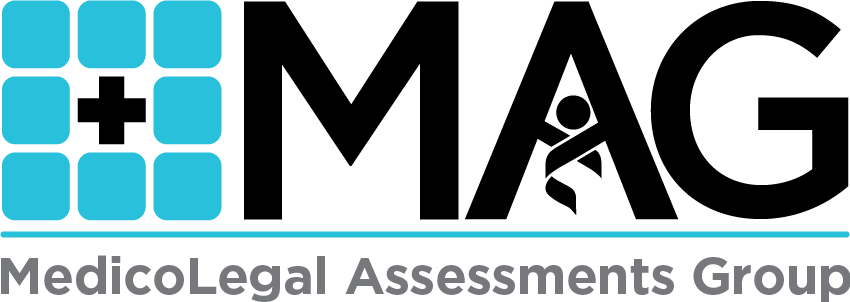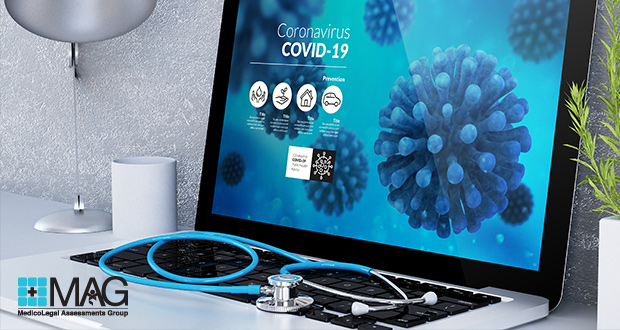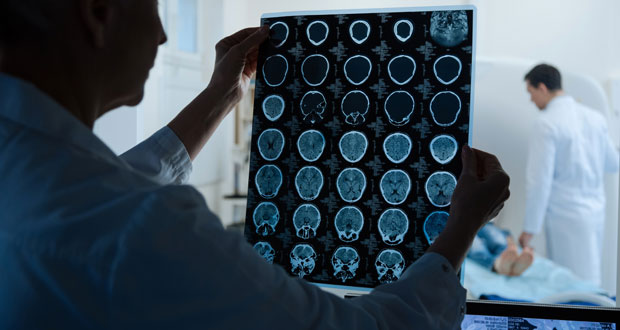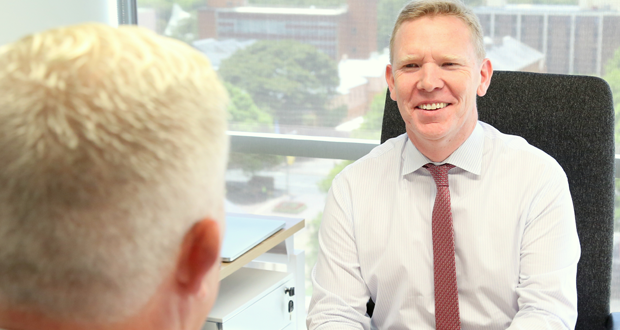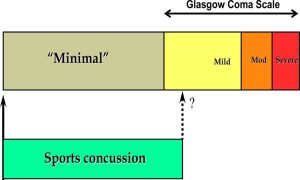Traumatic events can be unexpected and sometimes unavoidable. With 50-75% of people facing a traumatic incident at some point within their lifetime, attention needs to be given to treatment and recovery from both a legal and medical perspective.
Dr Glen Smith is a consultant Clinical and Forensic Psychologist who works with MedicoLegal Assessments Group. Recently, he presented to our clients on the topic of Post Traumatic Stress Disorder (PTSD), highlighting factors in diagnosis, management and questions to ask MedicoLegal reporting when having such cases assessed.
As stated above, Dr Smith pointed out the somewhat unsettling statistic that over half the population will experience trauma within their lifetime. He cited the most common potentially traumatic events as the sudden and unexpected death of someone close (35%) and witnessed death (27%). Interestingly, the lifetime prevalence of PTSD in females is higher than in males and is 5-10%[1].
As a result of suffering a traumatic episode, many people will suffer Acute Stress Disorder, however only a minority of this number will continue to suffer symptoms consistent with PTSD. It is therefore important to know the difference between the two conditions.
Dr Smith outlined the symptoms of Acute Stress Disorder, which mirror many of the symptoms of PTSD. Some of the more common symptoms included:
- sleep disturbance
- anxiety
- emotional distress
- appetite disturbance
- sadness and guilt
- re-experiencing the event in forms of memories and nightmares
- avoidance and social withdrawal.
A presence of the more severe reactions can lead to a diagnosis of Acute Stress Disorder. These symptoms are most prevalent in the first two weeks after the traumatic experience, however would gradually resolve in time, often without need for formal treatment. Having said this, counselling should also be offered. For a diagnosis of Acute Stress Disorder, symptoms need to be present for at least three days, however should not be present for more than one month. If symptoms persist greater than a month, then the diagnosis of PTSD may be made.
This brings us to the diagnostic criteria of PTSD. Dr Smith referenced the DSM-5 and ICD-11 criteria for diagnosing PTSD from the Australian and New Zealand Journal of Psychiatry [2]. Unlike Acute Stress Disorder, symptoms were present for four weeks or longer and result in a functional impairment. Other symptoms included re-experiencing symptoms, active avoidance symptoms, hyperarousal symptoms (hypervigilance or exaggerated startle) and functional impairment.
An important consideration when seeking assessments for patients with PTSD is ‘Criterion H’. Dr Smith indicated that for a diagnosis of PTSD, the symptoms must not be attributable to substance use or a general medical condition. This is a particularly important question to ask when seeking medico-legal reporting, as substance abuse, particularly alcohol abuse, is frequently comorbid with PTSD.
Dr Smith subsequently outlined therapies used in the treatment of PTSD. He focused on the following in treating trauma and its symptoms, namely:
- the development of new ways of coping with anxiety, including progressive muscle relaxation (PMR) and the slow breathing exercise
- trauma focused psychological therapypharmacological treatment.
Questions for MedicoLegal assessments and reporting
Having explored the definition of PTSD and expanding on the treatments available for trauma patients, this leads us to the important questions that need to be asked when seeking MedicoLegal assessments and reporting. Dr Smith touched on questions of diagnosis, prognosis, causation and contributing factors to ongoing incapacity – all of which are highly relevant in the medical reporting of PTSD.
Diagnosis
In terms of diagnosis, it is important to ask:
- Is this Acute Stress Disorder or PTSD?
- Can it be diagnosed in the context of alcohol dependence?
Prognosis
In terms of prognosis, it is important to ask:
- Has treatment been offered?
- Was it appropriate and for an adequate duration?
- Has the patient ceased alcohol consumption?
Causation
When seeking a report, the following factors relating to causation should be noted:
- establishing the main or the substantial contributing factor required to establish injury
- ensuring you refer to the criterion in terms of factors or causes constituting PTSD.
Ongoing Incapacity
Be sure to ask questions relating to ongoing incapacity, such as:
- Is alcohol or any other factor contributing to the lack of improvement?
- Is there an employment related exposure to traumatic incidences?
- Is there a lack of motivation for treatment?
Finding the right doctor to produce your medical report is of critical importance when establishing a claim for PTSD. MedicoLegal Assessments Group (MAG) will provide you with the right doctor, in a timely manner, who is an expert in this field. For more information on how you can access the right doctor to assess your PTSD claim, please contact the MAG team.
[1] Phoenix Australia – Centre for Posttraumatic Mental Health.
Australian Guidelines for the Treatment of Acute Stress Disorder and Posttraumatic Stress Disorder. 2013.
Phoenix Australia, Melbourne, Victoria
[2] Meaghan L O’Donnell et al. Aust NZ J Psychiatry 2015; 49:315-316
